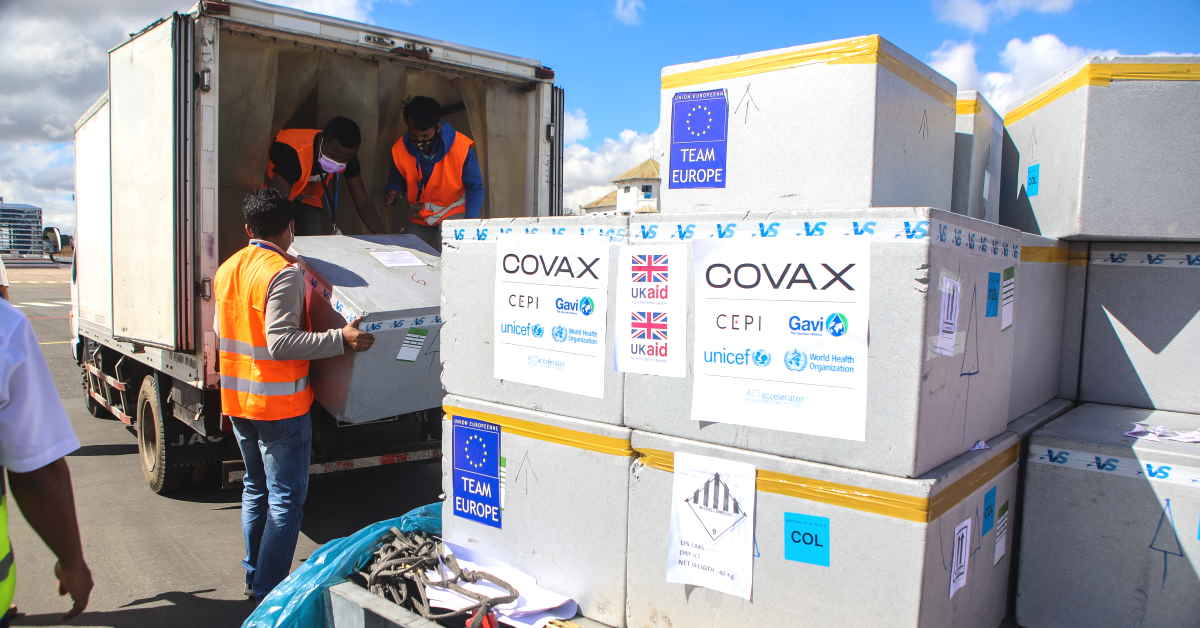The COVAX scheme aimed at equitable global access to COVID-19 vaccines hit a "key milestone" Saturday when it delivered its one billionth dose, one of its key backers said.
The COVAX facility was set up in 2020 by the World Health Organization (WHO), Gavi the Vaccine Alliance and the Coalition for Epidemic Preparedness Innovations (CEPI) to ensure that poorer countries can access the vaccines needed to battle the pandemic.
"COVAX has delivered its first billionth dose of COVID-19 vaccines to 144 countries & territories across the world," Gavi chief executive Seth Berkley tweeted.
"It's a key milestone in the largest and most rapid global vaccine rollout in history."
Berkley said that when the plane carrying the shipment with the one billionth dose had touched down in Kigali, Rwanda Saturday evening, "I felt proud but also humbled knowing how far we have to go to protect everyone and solve vaccine inequity".
COVAX hit the one-billionth mark less than a year after delivering its first vaccine dose late last February – to Ghana.
All countries have been permitted to order doses through the mechanism, but lower-income countries have received the jabs free of charge.
Berkley said in a statement Saturday that he was "proud that nearly 90 percent of the first billion doses COVAX has delivered have been full-funded doses sent to the low and lower-middle countries".
Omicron Could 'Unravel' Progress
But while reaching that one-billion milestone is impressive, COVAX has fallen far short of its initial objective of delivering two billion doses by the end of 2021.
That is because it has been forced to compete with rich countries willing to pay a high price and hoarding doses.
In a speech on Thursday, WHO chief Tedros Adhanom Ghebreyesus pointed out that while more than 9.4 billion vaccine doses had been administered around the world, more than 85 percent of people in Africa have yet to receive a single dose.
Health experts warn that allowing COVID to spread unabated in some places dramatically increases the chance of new, more dangerous variants emerging.
WHO said late last month that nearly half of its 194 member states had missed its target of vaccinating 40 percent of their population by the end of 2021.
It has called for a redoubling of efforts to ensure all countries manage to hit its second target, of vaccinating 70 percent of their populations, by mid-2022.
But experts warn that the current imbalance risks deepening further as many countries now rush to roll out additional doses to respond to the fast-spreading coronavirus variant Omicron.
"We cannot afford to let Omicron and the increased demand for boosters unravel the progress we've made," Berkley tweeted, urging the world to "work together to #breakCovid now".
"If the world unites to ensure adults in lower-income countries are immunised at levels achieved in high-income countries," he said, "between 940,000 and 1.27 million deaths could be prevented in the next year."
